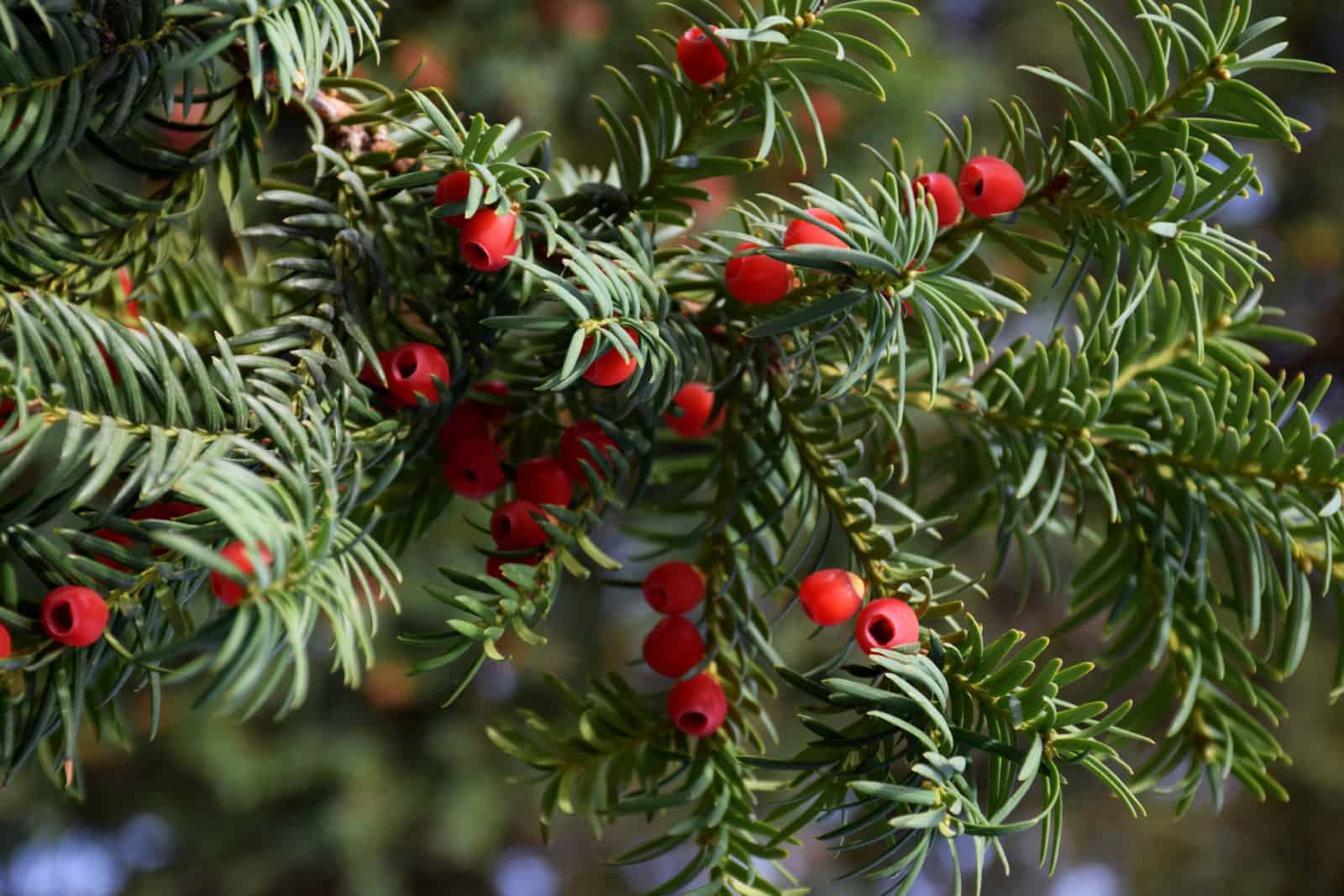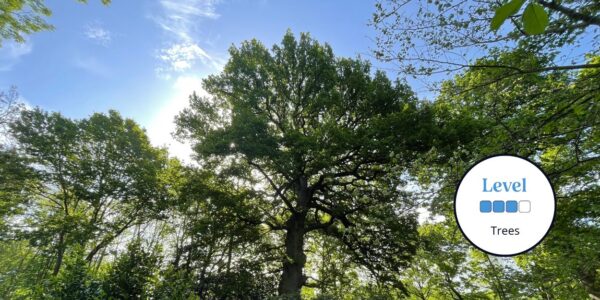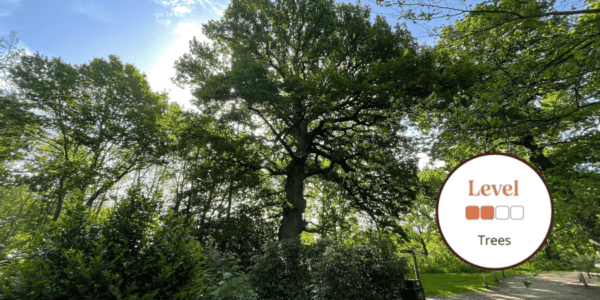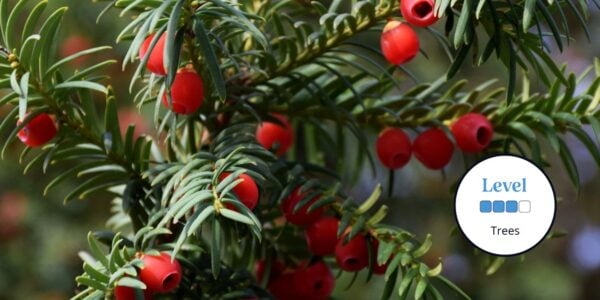This weekend botanical tree course will equip you with the skills needed to confidently identify conifer trees; focusing on accuracy and diagnostic features.
You will get to grips with different keys to identification, beginning by considering the key features of the different families and genera of conifers, studying specimens of different cones and foliage, and practicing looking for appropriate characters to confirm the species. All with the close support and guidance of our expert tutor. Winter, when most of our native plants have lost their leaves and there are few flowers, offers a wonderful opportunity to focus our attention on the conifers – most of which are evergreen and still bear cones.
Trees and associated shrubs make up an obvious feature of the British landscape, from lowland heath-land species, to upland and montane forests rich with bryophytes and lichens. British flora is remarkably poor in diversity of native conifers but many introduced species are a major feature of our landscape. However, our native and non-native trees are coming under direct threat from a number of challenges: climate change, pollution, development of ancient woodland sites, and a number of diseases and pests. Government agencies, forestry companies, conservation charities and other organisations are undertaking widespread planting schemes to counteract this. The challenge ahead is ensuring that this is sustainably done, utilising appropriate species and sites – a sound understanding of conifer trees and their identification will be key to this.
Your learning will take place within the 12-hectare estate of the Preston Montford Centre, nestled in the heart of Shropshire and surrounded by a rich range of habitats, including the River Severn and semi-ancient woodland.
Tutor: Mark Duffell
Mark Duffell has had a lifetime interest in plants, gaining the RHS Diploma in Horticulture and completing an MSc in Biological Recording. He now runs Arvensis Ecology, splitting his time between conducting botanical surveys and teaching botanical identification and survey techniques to undergraduate and postgraduate students, consultancies and environmental organisations.
Example Timetable
Example Timetable
This timetable is subject to change but should give an outline of what to expect.
If you have booked accommodation with the Centre your bedroom will be ready from 3.00 pm onward on the day of arrival and we ask that you vacate by 9.30 am on the morning of departure.
If numbers are sufficient a station pick up will be arranged at 5.30 pm from Shrewsbury Station.
Please arrive in time for the evening meal at 6.30 pm on Friday
The course starts after dinner with a classroom session 7.30 pm - 9.00 pm
The course ends at 4.00 pm on the final day.
Time will be made available for eating packed lunches during the day.
Friday:
The course starts after dinner on the first day with an evening classroom session: introduction to course; overview of what makes a conifer; identification using ‘cones’.
Saturday:
Morning
Looking at vegetative identification features; using keys to identify species (a range of keys and resources will be shown) - working in groups and individually.
Afternoon
After lunch, a visit to Nesscliffe Woods is undertaken to view a range of species in the field and identify them using keys and resources.
Evening
View a range of plant material from different groups (e.g. Pinus, Picea, Abies etc.) - working in small groups/individually.
Sunday
Meet in classroom. Review any features as required for an hour.
10:30 Leave for the Royal Forestry Society – Charles Ackers Redwood Grove and Naylor Pinetum in nearby Welshpool.
15:30 Summary session back at field Centre.
What's Included
What’s included?
- Classroom learning covering the theory of the subject
- Field excursions to apply new knowledge
- Expert tuition for which we are renowned
- Clear objectives and progression
- All meals provided
You can rest assured that the absolute best content from an expert in environmental education will be provided. In choosing this course, you will be joining thousands of people who learn with us each year.
Before You Attend
There will be a member of staff with first aid training and access to a first aid kit on site. If you have special medical or access requirements, please let us know as soon as possible so we can make any necessary adjustments.
What to Bring
Please bring the following with you if you can:
- Hand lens (x10 magnification) - can be borrowed from the Centre.
- Appropriate casual clothing.
- Stout shoes or boots (wellies can be borrowed from the Centre).
- Waterproofs (just in case!) – these can be borrowed from the Centre.
- Small rucksack or bag.
- Lunchbox, water bottle and/or thermos flask.
- Notepad, pens and pencils.
- Binoculars if you have them.
- Clear plastic ruler (available to borrow from the centre).
Recommended Reading
- Stace C.A. New Flora of the British Isles 4th Ed. (2019). C&M Floristics.
- Johnson, O. and More, D. Collins Tree Guide (2006) (or others) for trees.
Sorry this course booking is closed




